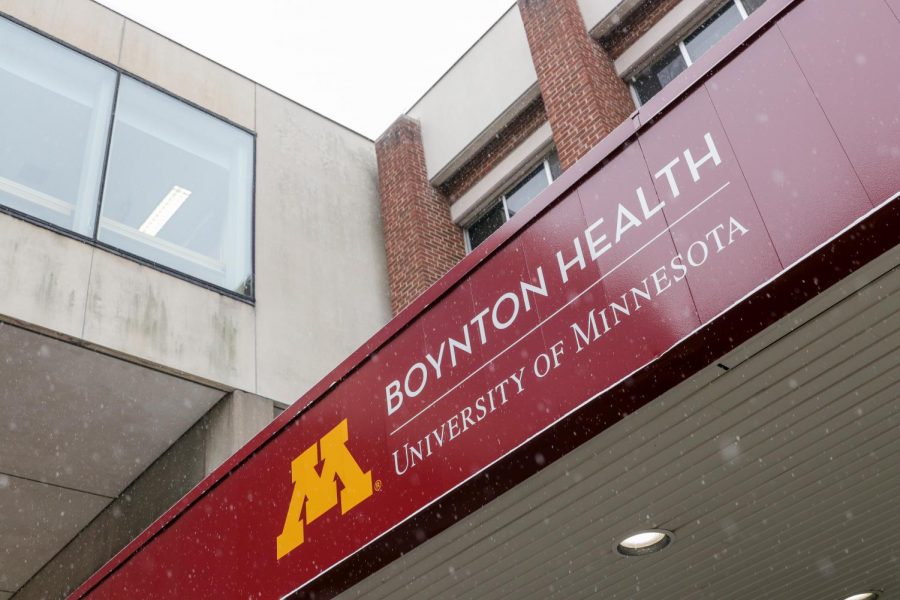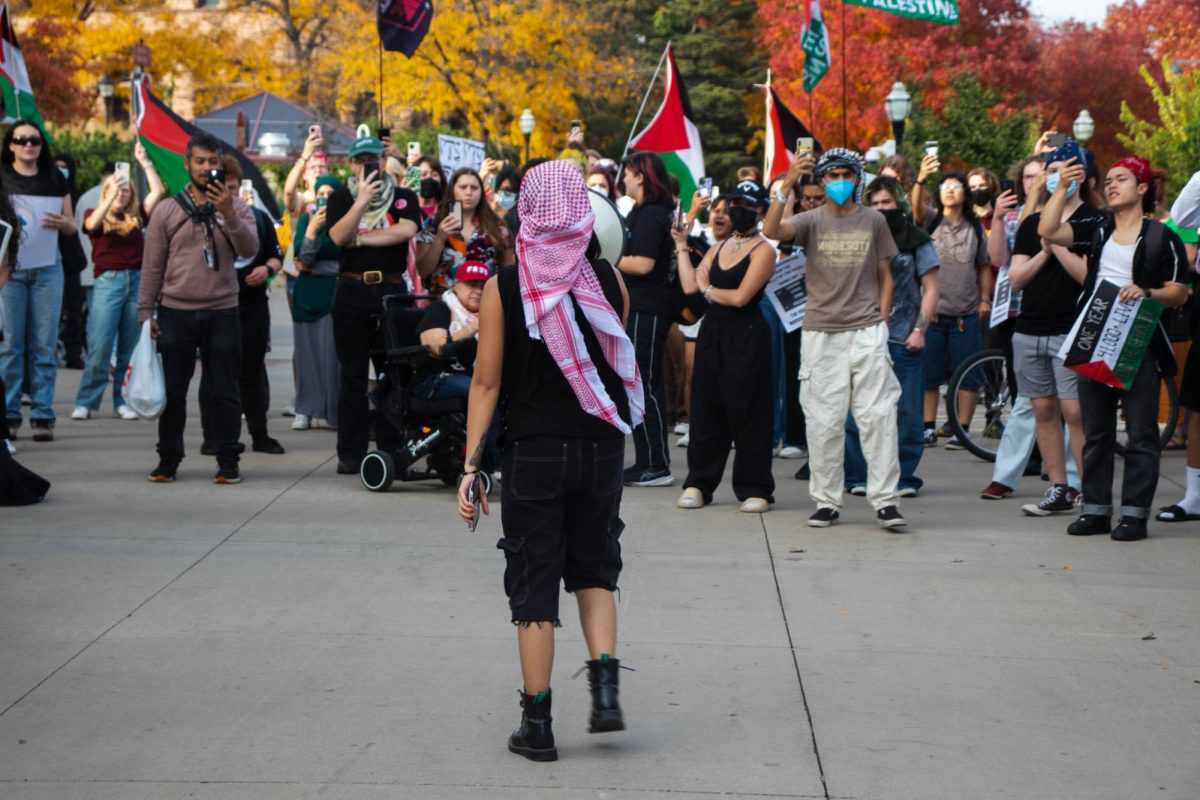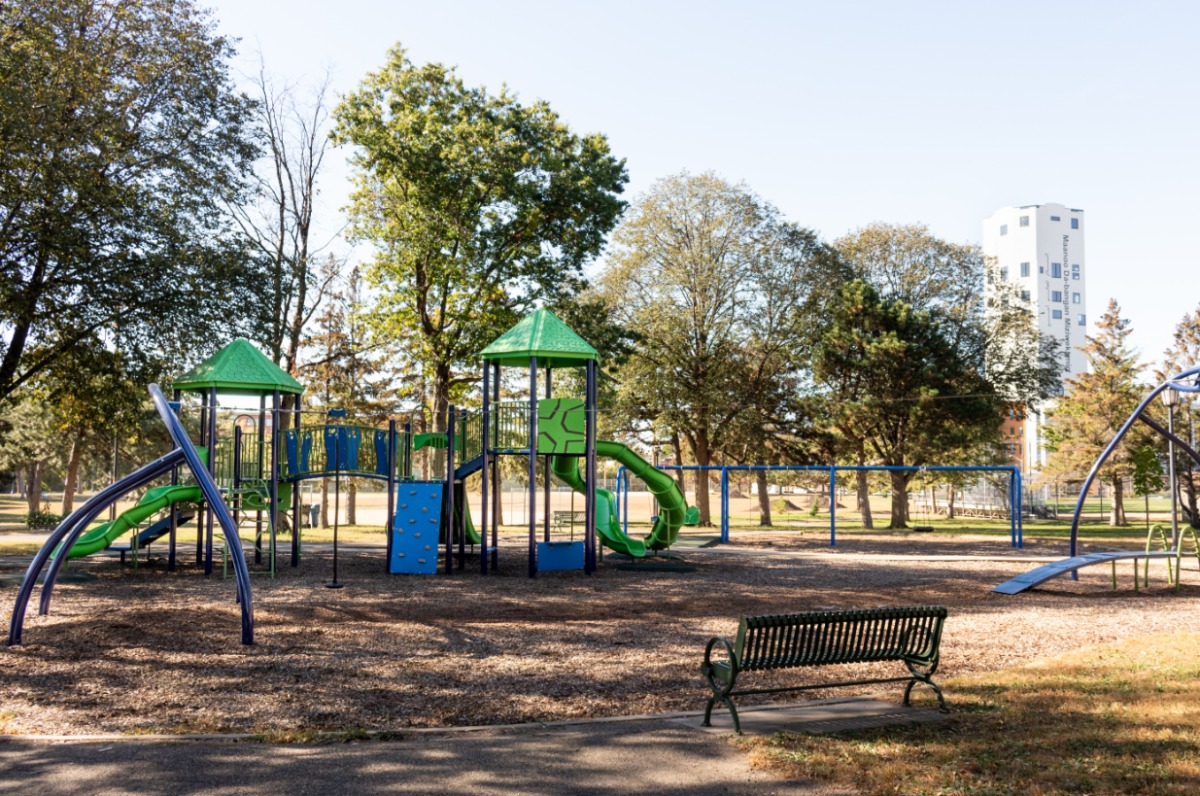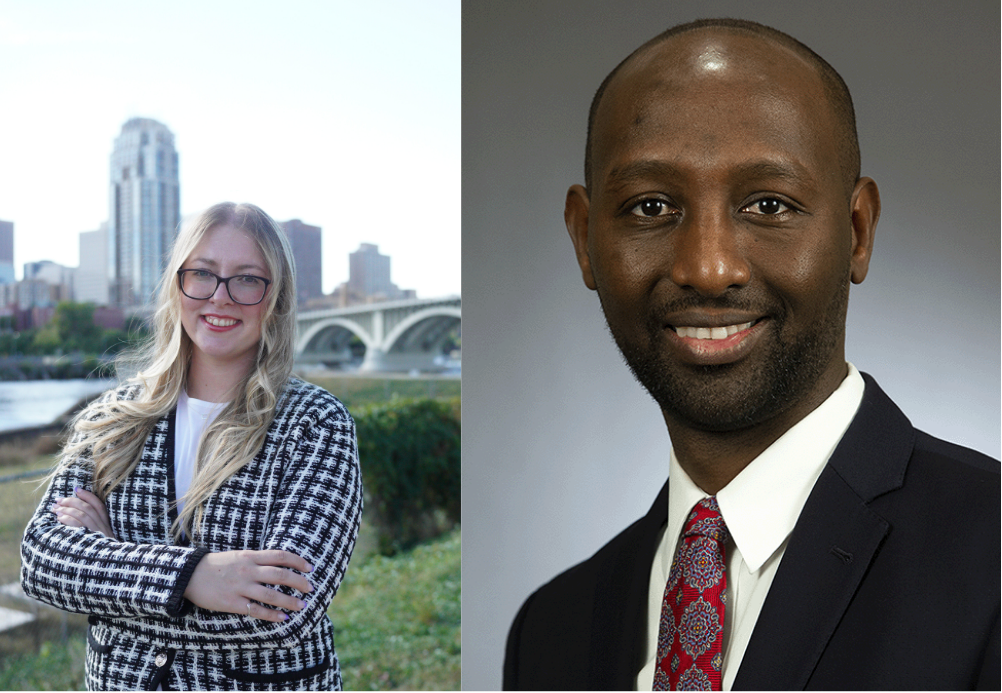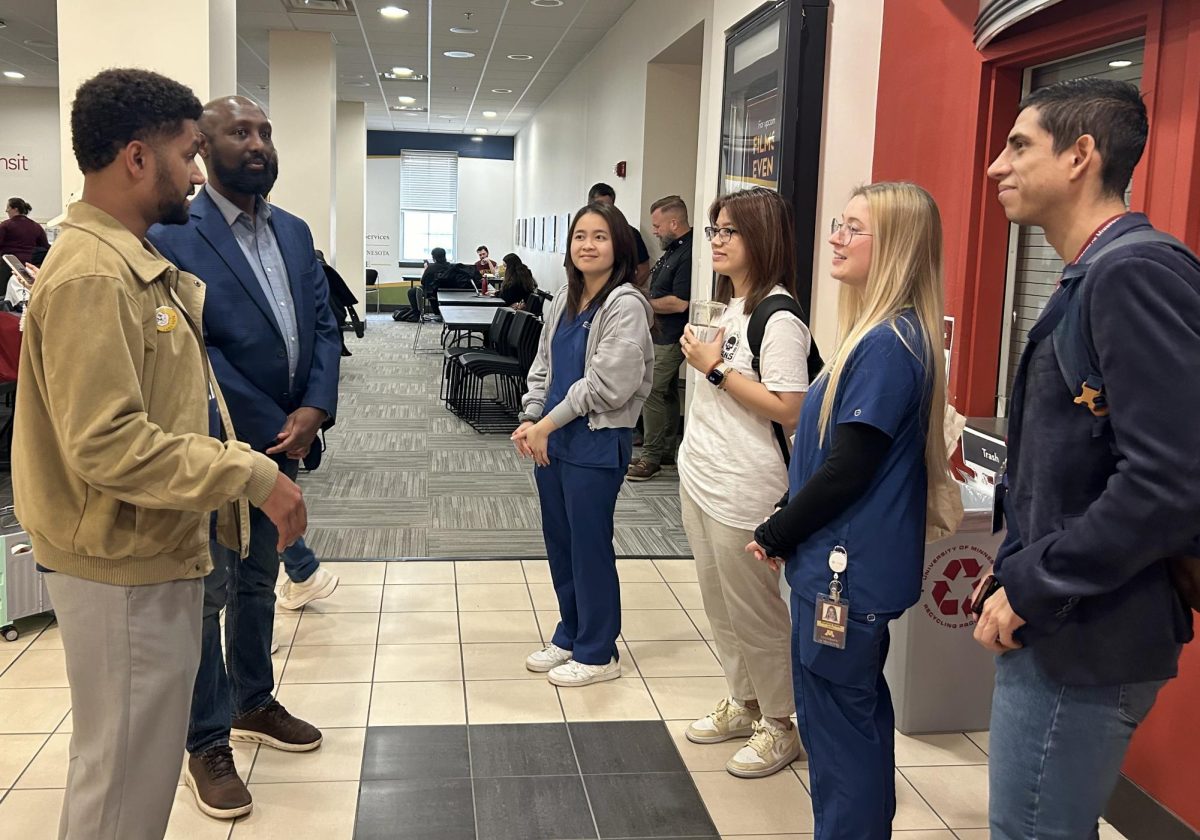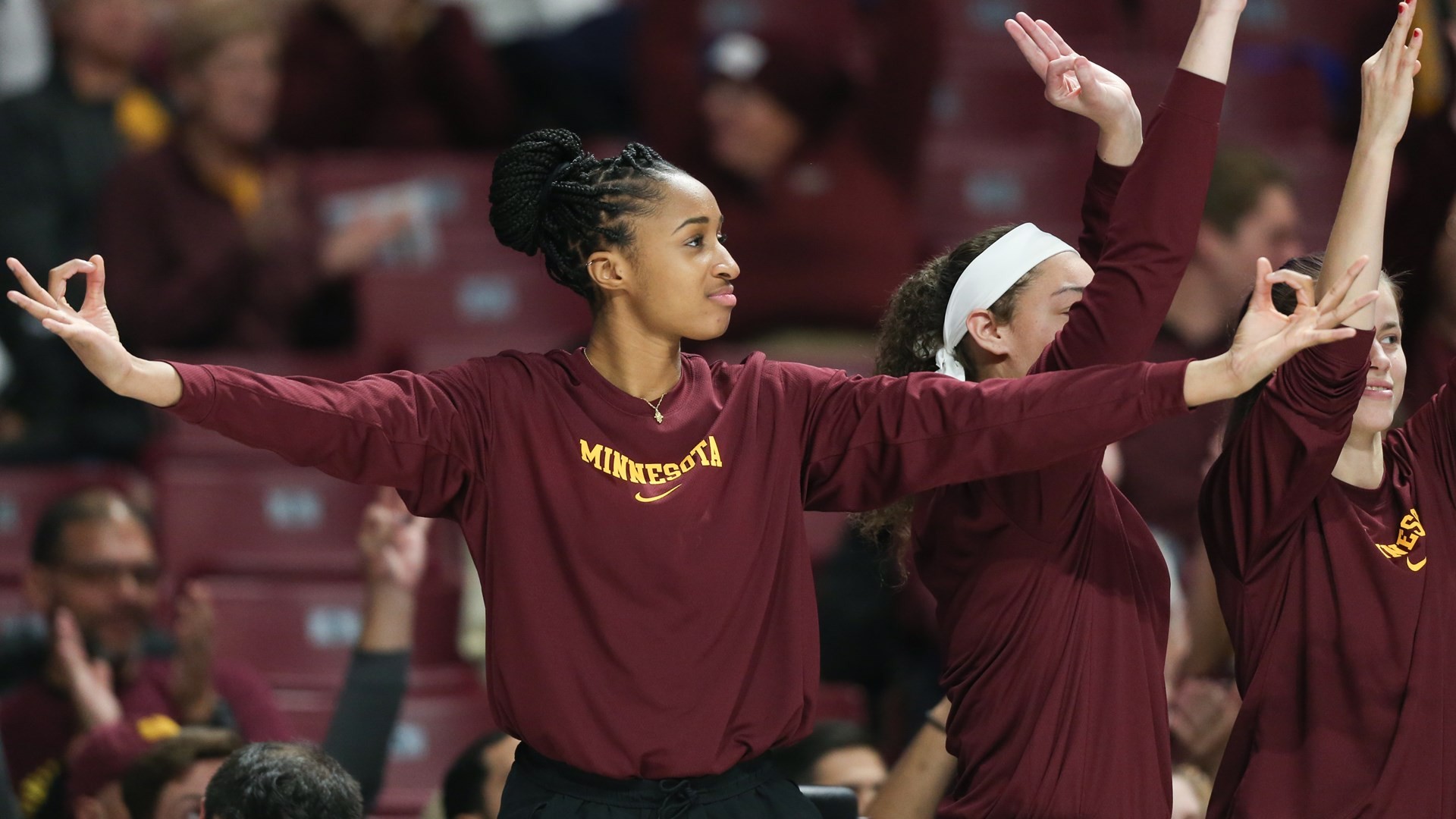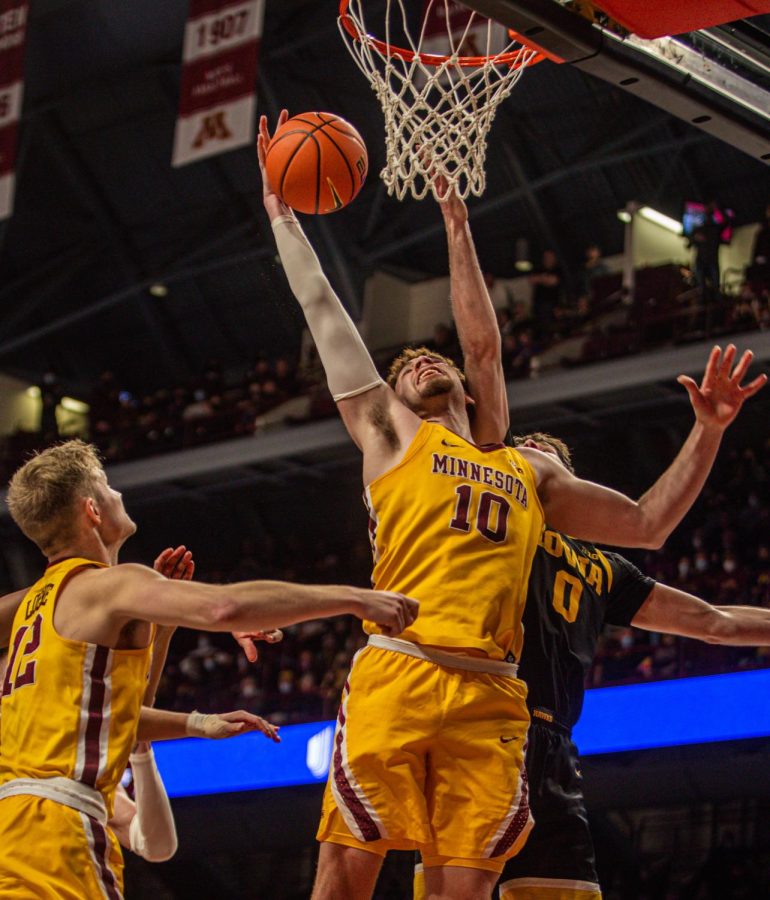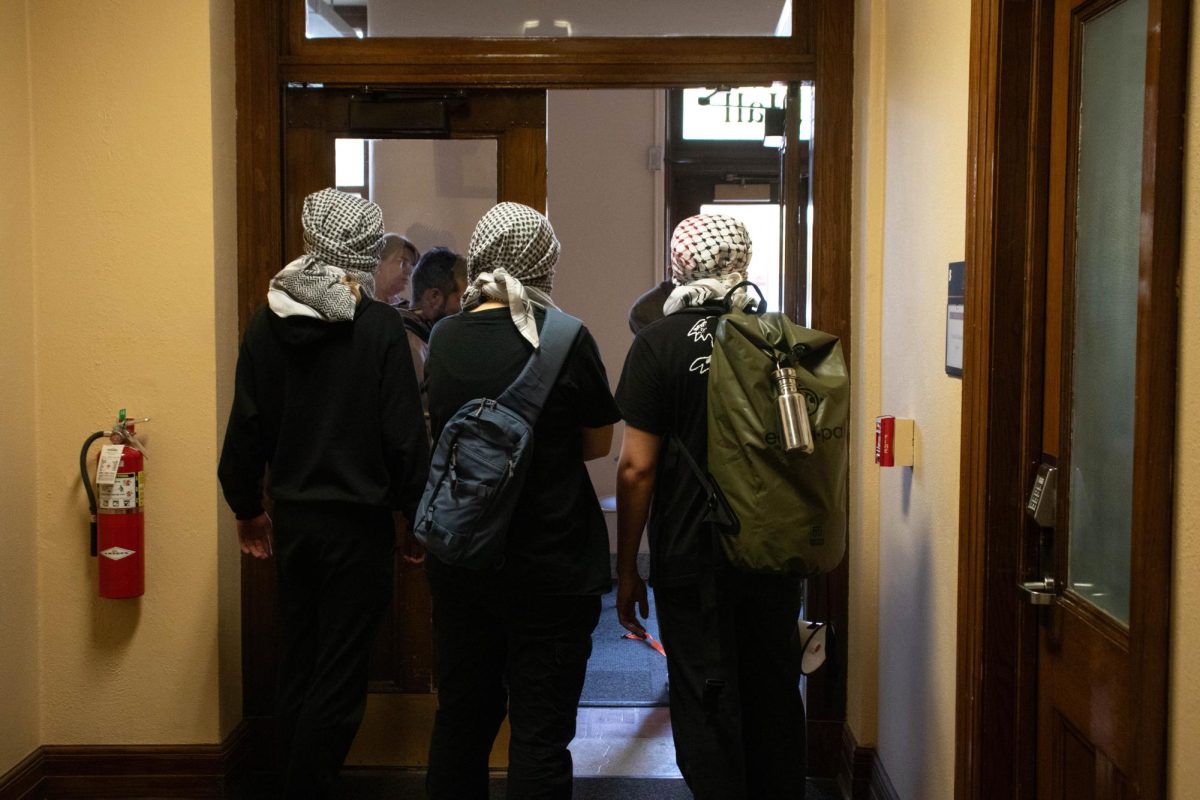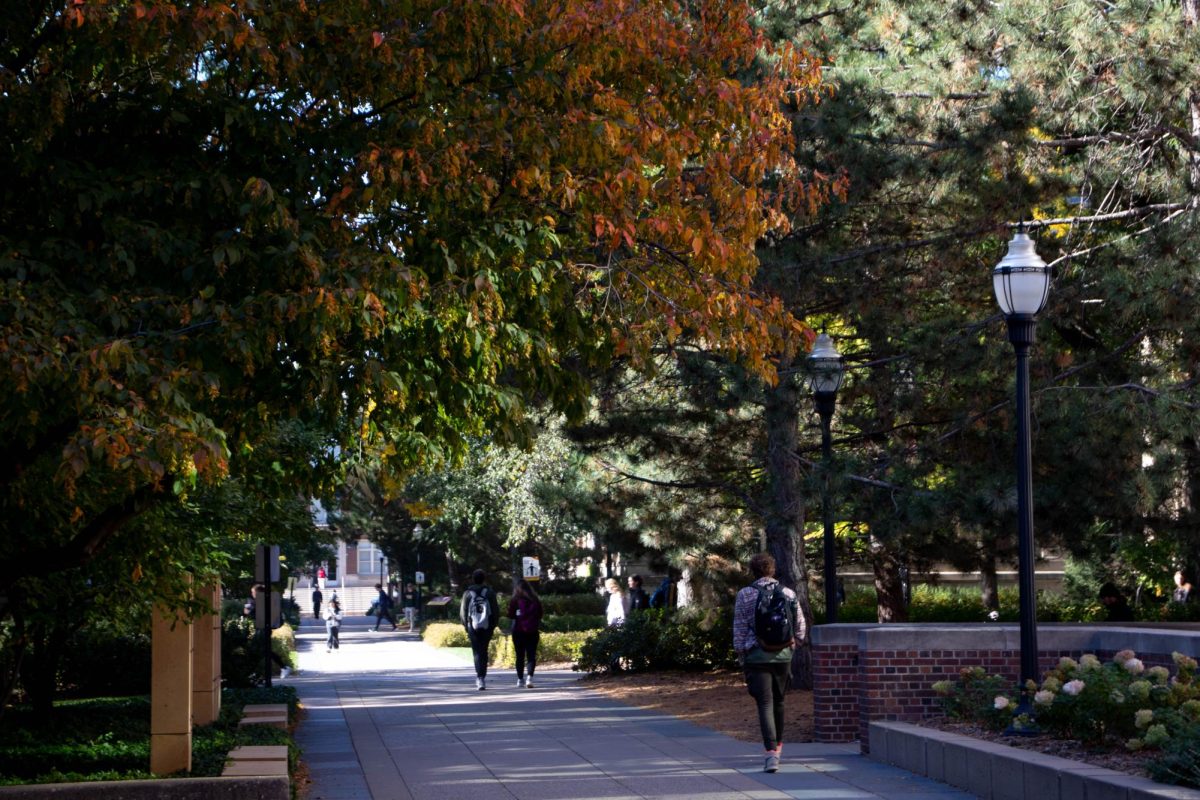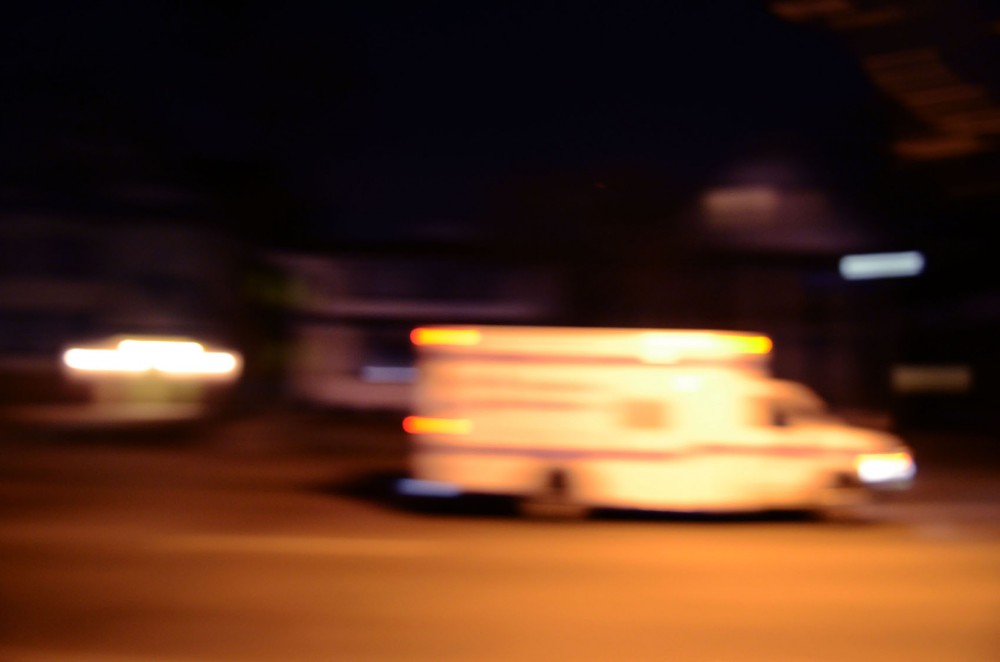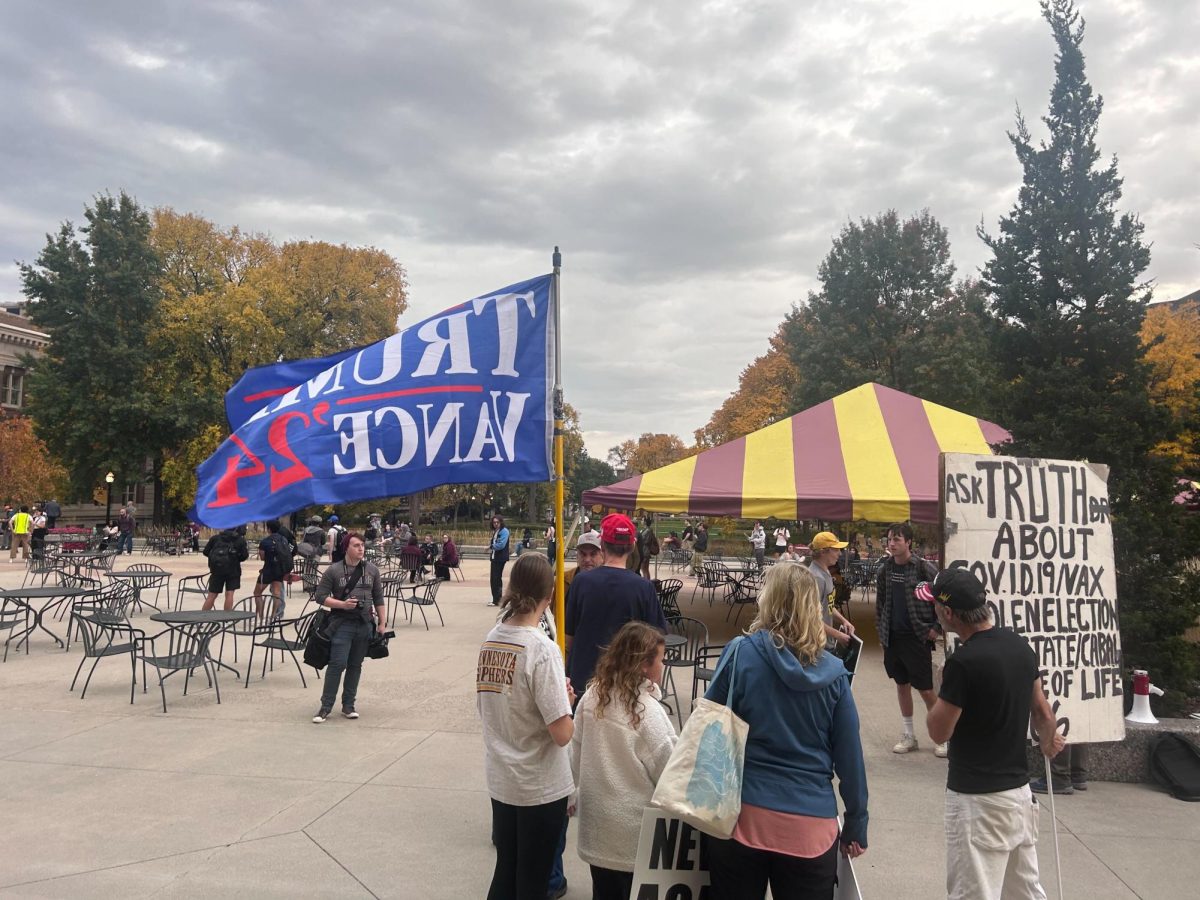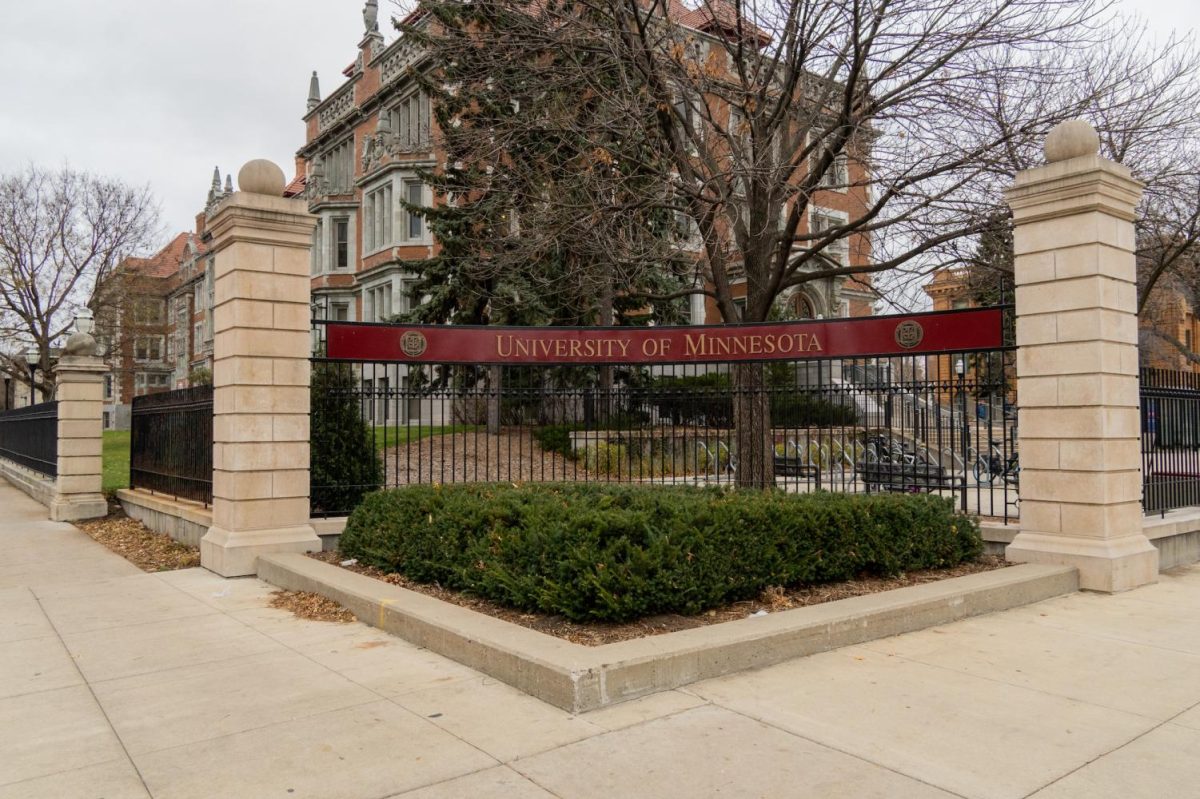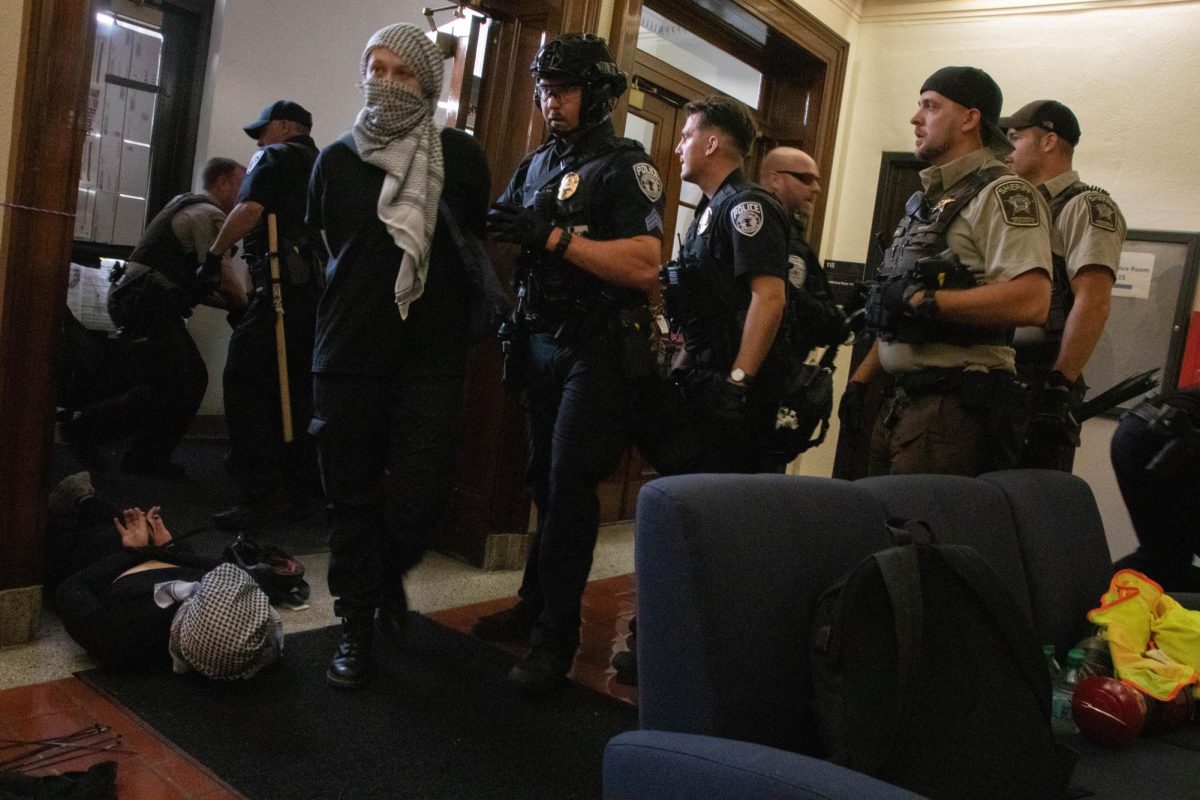With University of Minnesota Boynton Health’s 11 on-campus clinics, nearby medical facilities and ongoing student group advocacy around improving health accessibility at the University, students now have a variety of healthcare options available to them.
Faced with multiple options, however, students have voiced confusion about what services are accessible or affordable that best fits their needs.
“A lot of that [confusion] stems from just people being unaware of what’s offered and just the system being very confusing as is,” Amanda Ichel, the Minnesota Student Association’s (MSA) health and wellness committee director and second-year student, said.
Through Boynton, anyone affiliated with the University can access a variety of clinics –– including students, faculty and staff.
The primary care clinic, the eye clinic, Gopher Quick Clinic, gender care clinic, travel clinic and urgent care are available on campus, according to Maurice Perkins, Boynton’s director of marketing and communications.
Mental health services such as free counseling are offered exclusively to students and are not available for faculty and staff.
One of MSA’s health and wellness committee goals is to advocate for improving health care accessibility on campus by increasing funding for mental health services and expanding the number of free counseling sessions, Ichel said.
“It’s been a big goal of ours to expand the quality and length of [mental health] care you can get,” Ichel said. “Recently, we’ve been focusing on hiring more therapists and some psychiatrists.”
During the pandemic, MSA said the University implemented the student service fee freeze, which made it so the student service fee would not increase. The freeze caused an obstacle in increasing funding for mental health services since a significant portion of Boynton’s funding comes from the student service fee, according to Ichel.
According to Dave Golden, Boynton Health’s director of public health and communications, the student service fee was frozen for the 2021 financial year to reduce the financial burden of the pandemic on students. Originally, there was supposed to be a 2.38% increase in the per semester student service fee, which would have allowed for an increase in funding for mental health services; after the onset of the pandemic, however, the University decided to freeze tuition and the student service fee for 2021.
The student service fee provides funding for any services offered to University students, including Boynton, the Aurora Center, Student Legal Services and the RecWell.
Golden said the student service fee is essential in offering students accessible health care through Boynton Health, because it ensures that students are offered care for services for little to no out-of-pocket costs, even if a student’s insurance does not cover the service.
Health care services offered through Boynton are first billed to a student’s insurance, according to Golden. If an insurance company will not cover the cost of the service, the student service fee will cover what is not paid for by the insurance company.
Care not covered by the student service fee includes prescription medications or medical supplies, according to Perkins.
Student groups such as Students for Reproductive Freedom, MSA and Boynton officials through the Student Health Advisory Committee collaborated to tackle issues related to health care accessibility on campus. This led to the implementation of the emergency contraceptive vending machine in Coffman Union.
This vending machine makes Plan B accessible for around $20, which is less expensive compared to the over-the-counter cost, which is closer to $50. MSA hopes this type of service will expand to improve health care accessibility, Ichel said.
Another step to improve access to healthcare is that Boynton hopes to be able to offer COVID-19 booster shots to students in the upcoming weeks, Perkins said.
Outside of Boynton, another affordable option for reproductive health care is available near campus on University Avenue, the First Care Pregnancy Center. At the center, students can get free pregnancy tests, ultrasounds and free STI testing and treatments, said the center’s Director of Client Care Amanda Salmon. She added the most frequently utilized service among University students is free STI testing.
“We just want students to know we are there,” Salmon said. “We are always looking for ways to get the word out.”
Editor’s note: The First Care Pregnancy Center, mentioned in the article, does not offer abortion services or referrals.


